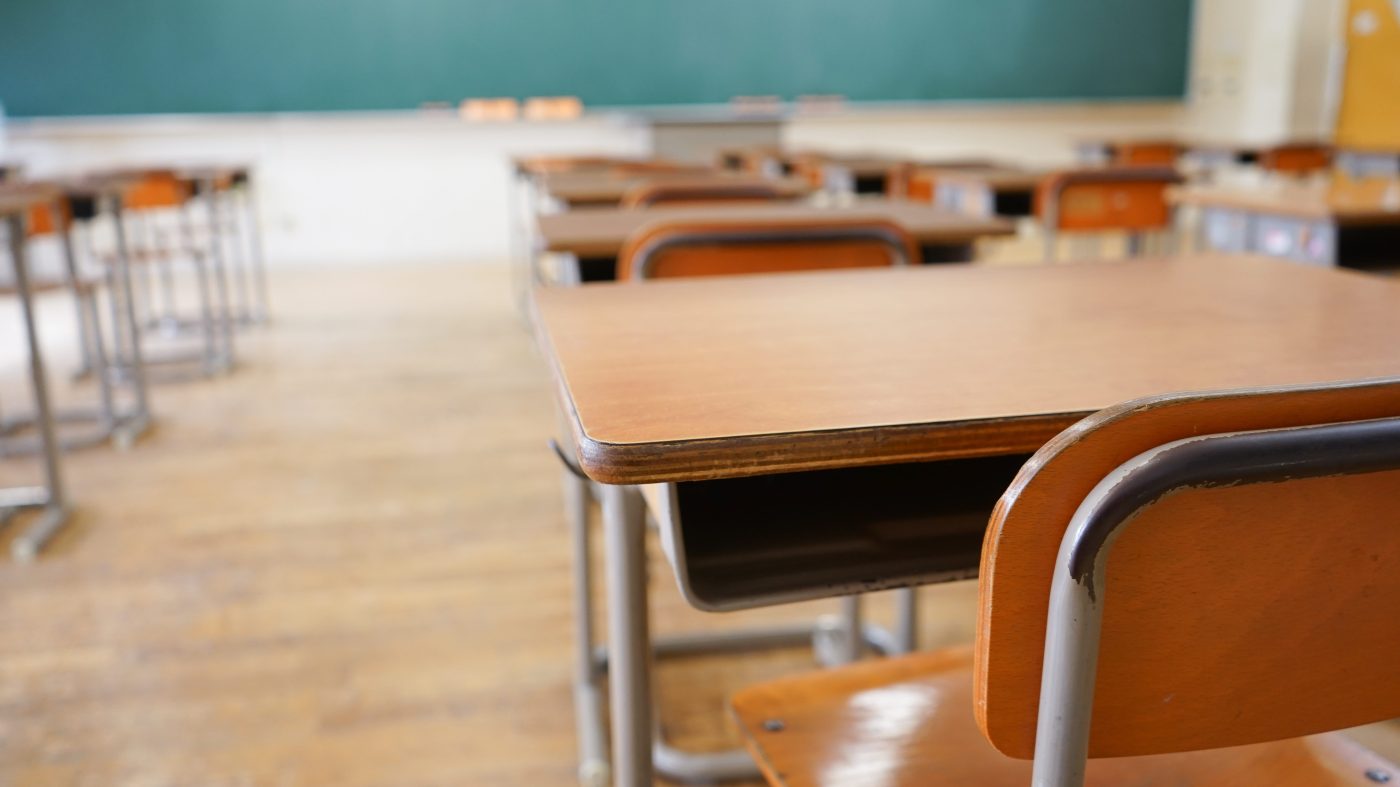
Minnesota falls to 19th in education in state ranking
ROCHESTER — As Minnesota falls in a national education ranking, Rochester Public Schools is making an effort to turn the tide for students in its own corner of the state.
According to the Annie E. Casey Foundation’s annual report, Minnesota ranks 19th in education among the 50 U.S. states. The state’s ranking is down from the 10th-place position it held in the organization’s 2019 report and the sixth-place position it held in 2014.
“Educational outcomes are not only affected by what happens in the classroom,” Alisha Porter, state director of the Minnesota Children’s Defense Fund, said in a statement. “That’s why it was so important that in 2023 Minnesota enacted universal school meals and made historic new investments in housing, child care, health, family economic stability and education. To do well in school, thrive overall and experience the joy in growing up, our children need their basic needs met.”
In addition to education, the Annie E. Casey Foundation’s ranking measures overall child well-being, economic well-being, health and family and community.
There is some lag between the report’s findings and the current work underway since the ranking measures information from 2022, which is the most recent data available.
The report notes that multiple factors contributed to the state’s overall score. One is that 68% of the state’s fourth graders are not proficient in reading. The report also considers the number of 3- and 4-year-olds in school, the number of high school students graduating on time and the number of eighth-grade students proficient in math.
Information independent of the Annie E. Casey Foundation indicates that Minnesota’s schools struggle with preparing their students for the future. In 2023, the state’s education officials reported that 49.9% of students are meeting or exceeding their grade level. That same report indicated that the results of each assessment area remained roughly 10 percentage points below their pre-pandemic levels.
In addition to simply diagnosing the issue, the foundation’s report included steps educational leaders should take to bolster their students’ learning: Increase access to tutoring, address chronic student absence, and invest in community schools, among others.
Despite the fall in the rankings, the state has put heavy emphasis on education, including the passage of the 2023 Read Act, which is meant to increase literacy through screening, support systems, and monitoring. Since, school districts have been in the process of implementing the new legislation.
The Rochester School Board reviewed the district’s literacy efforts during a meeting on June 11. Board member Justin Cook, who has long advocated for increasing the district’s literacy rates, praised the work being done and described it as having the potential to move the city’s students forward.
“What we are doing now truly is cutting edge,” Cook said. “This is rocket science in education.”
Related Articles
Less than half of Minnesota school districts employ a licensed nurse, report says
Backlash against DEI spreads to more states
For child care workers, state aid for their own kids’ care is ‘life-changing’
St. Paul school board OKs billion-dollar budget as transparency questions remain
Bayport church OKs sale of property for new Andersen Elementary


